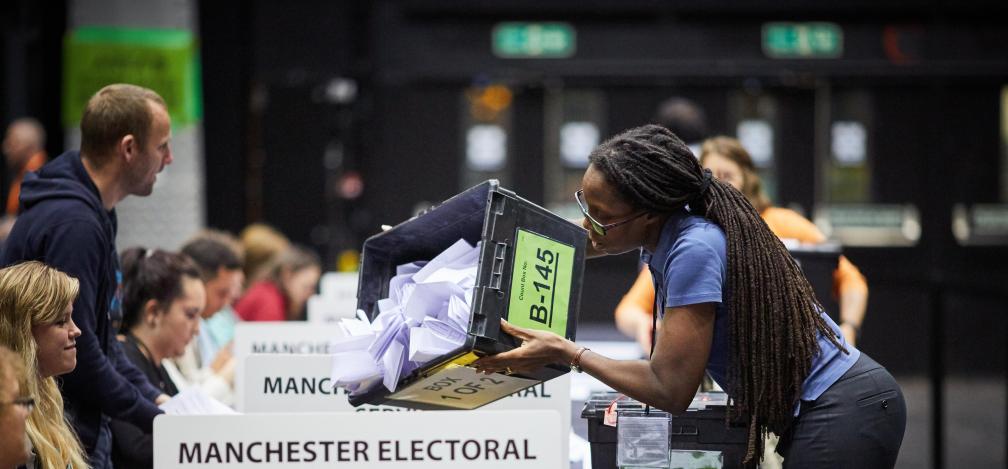Elected mayors will be undermined by recent changes to the voting system
The next London mayoral election will be the first conducted under first past the post.

The scrapping of supplementary vote in favour of first past the post, brought in with the Electoral Reform Act 2022, risks reducing voter choice and ultimately may damage the position of mayor
Local and mayoral elections 2024
On Thursday 2 May, voters across England and Wales will head to the polls in a major set of mayoral and local elections. Keep up with our latest content, events and analysis on why these elections matter and the results when they come.
Find out more